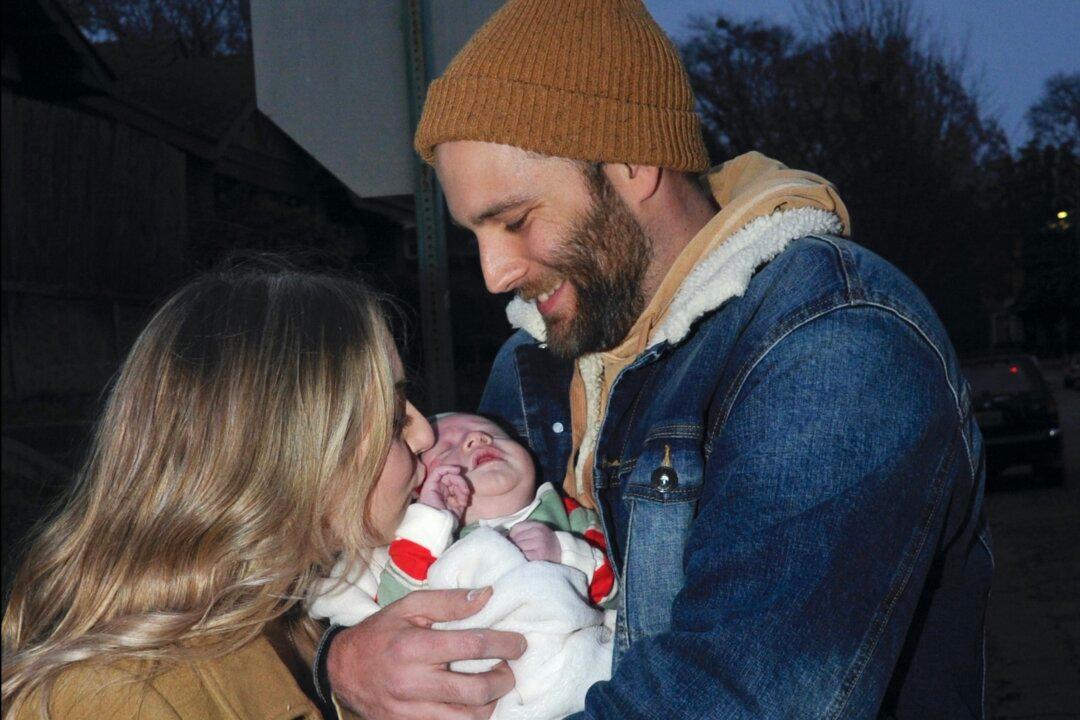At the barn of her wide open horse ranch, Babbie Styslinger pulled out a large basket containing 130 leather tags numbered recklessly. She picked one up, felt the worn-out leather with her fingers, then lowered her head with a bit of solemn sadness, a bit of somber reflection, a bit of austere reality.
“When a mustang comes in from the wild, they are given a number and tagged. The Bureau of Land Management keeps track of the horses that way. I have collected 130 tags, one for every mustang we have saved,” Styslinger said. “We take the tags away and give them a name. Everyone who loves horses lives for the moment a mustang is given a name to replace their number. That means they will soon find a home.”
Styslinger took a walk on her ranch in Leeds, Alabama, where wild mustangs roam wild and free. She stroked the mane of one and talked to it like it was a human. The horse’s name was Lola, and it was evident that Lola loved Styslinger. The animal nuzzled its nose into her petite body with gentleness and care.





